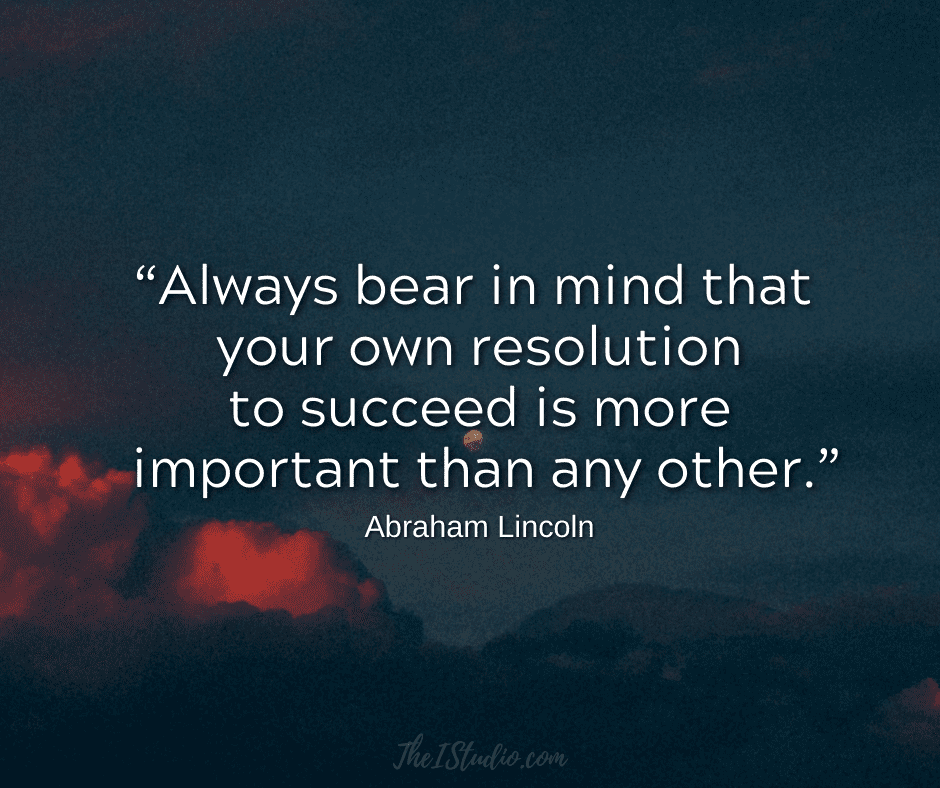WordPress How To: Learn About SEO

More Importantly, the Reality of SEO
Along with all the buzz about WordPress, SEO (Search Engine Optimization) tops most website owners’ information overload list. There is so much “out there” that it can be overwhelming.
While I don’t “sell” SEO services or consider myself an expert, I share my SEO journey with my clients through my websites. I keep up with SEO trends and changes and correlate that information with what I see in the wild.
I read—a lot—and test and tune with my websites. Then, I see the impact.
My advice is based on my experience, including trial and error, testing, tuning, and tracking across my websites for almost three decades. So, I will share my top articles and resources on SEO with you.
Along with a reality check.
The Reality Check
Let’s start with the fact that the Search Engine Optimization of your WordPress website is critical to your long-term “findability.” SEO is not all that difficult — it just takes more effort and commitment than most are willing to make. And even with the best efforts, desired results are elusive.
So, you try to understand and apply the basics consistently over time. It’s an ongoing evolving effort and part of having a successful web enterprise.
Over my entire online career, SEO hasn’t changed all that much. Criteria have been fine-tuned algorithm-wise, but the concept is the same overall. At least what is in your control to control.
Most folks don’t want to hear this, but most sites will not hit the top page on Google. Ever. There, I said it. It’s not that it cannot be accomplished. In most cases, even with the best efforts, it’s challenging to acquire.
Why? Well, to start, there are only ten slots — sometimes fewer. Ads dominate the top of the page, so maybe two sites above the fold. The rest are below, followed by more ads. And rarely do folks page beyond that.
The rankings bar is high. Top page rankings are for sites that embrace and implement SEO in everything they do. They consistently write compelling content. They’re all over social media—working it.
They pour over all the available data and test and tune. They are always looking to tweak things for better performance (just as important for SEO).
Rinse and repeat for infinity.
Your site will have to be better and have more E-E-A-T (Experience, Expertise, Authority, Trust) than the sites already owning those top-page positions. That means you need to be brutally honest.
WordPress Helps with SEO
SEO is understanding what your customers are looking for and applying what search engines need to know to rank for that. There are no “tricks” or “secrets.” Really!
WordPress helps you accomplish this through its structure and plugins to guide you further. However, as you are growing your site, there are a handful of things you need to consciously think about and apply on a page-by-page, post-by-post basis.
I have a bunch of articles on the topic of SEO. Here is a handful to start with:
Most Popular Posts on SEO
FREE: Find new keywords for your market…

SEO and Information Overload
How do I keep up? As I noted, I read. A lot.
I’ll subscribe to experts and see if there is a fit for what I want to know. In other words, I want to learn — not be sold to. I unsubscribe if I don’t read an email from a subscription more than 2-3 times. This helps to keep me focused on the need-to-know information that I seek.
Clients ask me to confirm the accuracy of information they find online about SEO. What is true and accurate? Who should you trust? Before you know it, your head is spinning like Linda Blair’s.
Undoubtedly, there is quite a bit of questionable information out there. Some are just trying to hide the reality of what is involved because they are trying to sell something (a subscription, PDF, course, etc.).
I don’t want all information to be free or at no charge; I want trustworthy resources. I don’t hesitate to open my wallet if the trust is there.
Remember that subscribing to too many blogs can lead to information overload. Twitter provides short snippets to keep you updated.
Here are the experts I rely on to keep up with trends, discussions, and reality on Twitter.
10 Twitter SEO Accounts I follow:
- Gary Illyes, Webmaster Trends Analyst
- John Mueller, Webmaster Trends Analyst at Google
- Danny Sullivan, Google Public Liaison of search
- Google Webmasters
- Glenn Gabe
- Michael Martinez
- Marie Haynes
- Bruce Clay, Inc.
- Search Engine Land
- Moz
Check out their websites, too. Some on the list have blogs and newsletters you can subscribe to. Some of these folks get into the weeds and are very technical. They are genuine SEOs that look at everything from the front to the back end of your site. And they study the analytics that, speaking for myself, tend to give me a headache.
Choose a couple to start with to see if their writing style and the type of information they cover are what you can envision applying. You can avoid information overload by being selective about the SEO information delivered to your inbox.
SEO’ing your WordPress website is a three-part process:
- Understand how search engines really work.
- Consistently implement solid and proven practices while regularly adding great content to your website.
- Keep up-to-date on search trends and algo updates (see list above).
SEO is part of doing business online — we can’t ignore it. Although there are days I wish I could.
“Search Engine Optimization” takes time and some real-world knowledge. Then, the discipline to follow through. But if learning about SEO means your website gets found more and succeeds, you’re all over that, right?
At your service,


